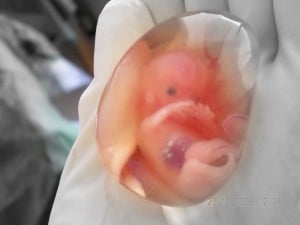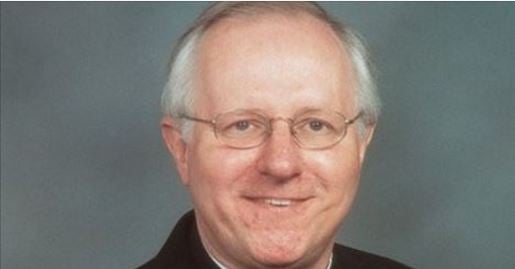In Boston, a city which is 46% Catholic, apparently Roman Catholics may not be permitted to serve on the jury for Boston bombing suspect Dzhokhar Tsarnaev. Tsarnaev is currently facing trial for allegedly planting the twin bombs which exploded April 15, 2013, at the finish line of the Boston Marathon. Three people were killed and more than 260 were injured in the explosions. Tsarnaev has pled not guilty to all counts–including 30 federal crimes, among which are 17 charges that carry a possible death penalty.
As the jury selection process in Boston stretches into its fourth week, many faithful Catholics have been eliminated from consideration. The reason is that the Catechism of the Catholic Church says that a death sentence is not to be applied when
“non-lethal means are sufficient to defend and protect people’s safety from the aggressor.”
The Catechism adds that cases which mandate the death penalty “are very rare, if not practically non-existent,” because at least in this country, the government has other means to protect the public from a violent individual by incarcerating criminals.
Since the case against Tsarnaev in the Boston bombing is a capital case, potential jurors must be willing to impose a death sentence or a life sentence with no possibility of parole. Therefore, practicing Catholics who, in following the teaching of the Church, cannot support the death penalty are automatically disqualified from service.
USA Today explains why the rejection of Catholic values in the courtroom, as well as the closeness of the community, are lengthening the jury selection process:
Judge George O’Toole had hoped to hear opening arguments Monday, but they have been delayed because individual questioning of jurors, which began Jan. 15 after questionnaires were filled out, is taking longer than anticipated. A new start date has not been scheduled. O’Toole has denied two defense motions to move the trial out of Boston, but the protracted jury selection process is keeping the issue alive. On Thursday, Tsarnaev’s lawyers filed a third motion for a change of venue, asking the court to give juror questionnaires “fresh evaluation.” The defense cited the attitudes of prospective jurors, saying of the 1,373 who filled out questionnaires, 68% already believe Tsarnaev is guilty and 69% have a connection or allegiance to people, places or events in the case.
* * * * *
So here we are. We can regard the case in several ways:
1. Catholics can take their cue from some media (USA Today: “Boston bombing jury excludes some Catholics”) and feel offended, alleging discrimination on the basis of faith. The Rev. James Bretzke, professor of moral theology at Boston College, seemed to lean toward this approach in comments to USA Today. Father Bretzke said,
“It is both ironic and unfortunate that Catholics who understand and embrace this teaching will be systematically excluded from the trial…. It is frustrating.”
2. Catholics can feel gratified that someone has noticed that their lifeview differs from that of the larger society–that the teaching of the Catholic Church is producing results in the lives of Catholics, such that the world is afraid to put a Catholic on a jury that will render a capital sentence. Al Kresta, host of the popular syndicated show “Kresta in the Afternoon” on Ave Maria Radio, took that position–expressing satisfaction on the air January 27 that the Catholic Church has a different approach to the death penalty, and he’s pleased that people see that.
Father Michael McGarry, director of The Paulist Center in downtown Boston, agrees with Kresta. Father McGarry is an activist for abolition of capital punishment. According to USA Today, Father McGarry isn’t bothered by the fact that he, like others who would refuse to impose death, would be ineligible for the jury if summoned. “They’re doing the right thing by saying you shouldn’t allow people who are not open to the death penalty at all,” McGarry said. “Nor should you allow people who are eager for blood.”
And of course, there’s a third approach: Catholics can feel relieved–simply breathing a sigh of relief that they’re not chosen, happy to go on with their lives without having to interrupt their work and their daily lives to serve on a jury.
* * * * *
Years ago, as a college undergrad, I took a couple of courses in criminal justice. I remember being surprised (and a little disturbed) to learn that a defense attorney would be likely to reject a prospective juror who had a four-year college degree.
There’s no hard-and-fast rule that higher education is a deterrent to one’s being selected to serve on a jury. The thinking, though, was that attorneys want the jurors sitting in the courtroom to form their opinions based exclusively on what they hear during the trial–and they don’t want preconceptions and advanced studies to play a role in their decision-making.
But the court’s preference for people who do not have a position opposing the death penalty–either because they have formed an opinion during their college studies, or because they follow the tenets of their Catholic faith–is logical.
But that’s just my opinion. How do you feel about it?











